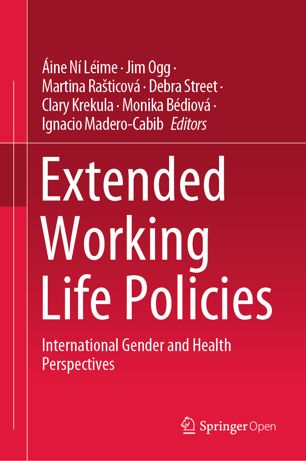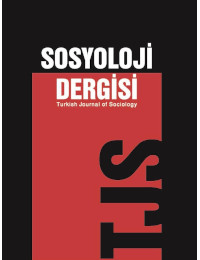Book Chapters
Mercan, M. A. (2020). Turkey. In Á. Ní Léime, J. Ogg, M. Rašticová, D. Street, C. Krekula, M. Bédiová, & I. Madero-Cabib (Eds.), Extended Working Life Policies: International Gender and Health Perspectives (pp. 459-468). Cham: Springer International Publishing. doi: 10.1007/978-3-030-40985-2_37
Abstract
Turkish residents 65 and older comprise 8.8% of the total population yet the academic literature on the relationships among the effects of ageing, gender and the labour market is very limited. This chapter describes the characteristics of older workers and discusses changes in the legal structure of the labour market and their implications in Turkey. It also focuses on the Social Security system (especially the pension scheme) and the historically very low female labour force participation rates which reduce self-sufficiency for women at older ages. Finally, the chapter considers precarious employment and work-related health policies in Turkey.

Journal Articles
Mercan, M. A. (2019). Assortative Mating and Women’s Working-Hours Decisions in Turkey. Turkish Journal of Sociology, 39-2. doi:10.1080/00036846.2020.1716938
Abstract
Wives’ decisions regarding their working hours and their assortative mating levels with respect to income affect the main determinants of family-income inequality in any given country. In this paper, I estimate the degree of sorting between both husbands’ earnings and wives’ working hours and between husbands’ earnings and wives’ earnings in Turkey. For the analyses I have used the Turkish Statistical Institute’s Labor Force Surveys conducted from 2004 to 2017, estimated the assortative mating coefficient for each year separately, and then pooled the data. The results indicate that positive assortative mating in terms of earnings exists for all the analysed years. The results further suggest that a negative relationship exists between a husband’s income and his wife’s working hours in Turkey.

